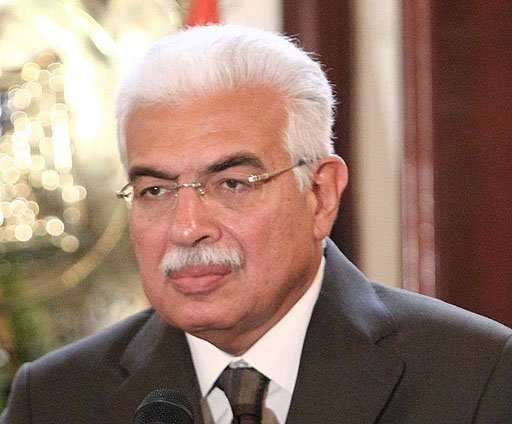Foreign Trade and Industry Minister, Rachid Mohamed Rachid, is visiting Washington with a large government delegation for consultations on trade negotiations.
Rachid met yesterday with U.S. Trade Representative Rob Portman to discuss a possible free trade agreement (FTA) between the two countries. This followed Rachid’s meeting with U.S. Secretary of State Condoleeza Rice on Wednesday.
Suggestions of a FTA have been made by both governments for several years,but the U.S.has not yet taken the steps required to begin formal negotiations.
U.S. law requires the notification of Congress prior to beginning negotiations on free trade. After notification, negotiations cannot begin until a 90- day period of consultation with the public has elapsed.
At present,Egypt can export products to the U.S. through industrial zones approved by the U.S., provided that the products contain inputs from Israel.The Egyptian government, however, has been pushing for a more comprehensive FTA similar to those signed with Morocco, Jordan, Bahrain and Israel.
The free trade agreements are part of the U.S. initiative to encourage political and economic change in the region. In addition to the agreements already signed,the U.S. is also negotiating with the United Arab Emirates and Oman.
The U.S. President currently has fast-track authority to negotiate trade agreements with limited involvement of the U.S.Congress. This authority, however, expires in mid-2007, and may not be renewed with such a comprehensive scope. Any negotiations would therefore likely have to conclude before the expiry of fast-track authority.
Price controls on pharmaceuticals and the production of generic medications in Egypt are among the most contentious trade issues.The Pharmaceutical Research and Manufacturers of America, a lobby group representing major U.S.
pharmaceutical companies, had called on the U.S. government earlier this year to halt negotiations with Egypt in protest to the Ministry of Health’s decision to allow generic versions of patented drugs.
The meetings in Washington take place contemporaneously with the final round of parliamentary elections, which have been marred by violence and the arrest of hundreds of Muslim Brotherhood members.The violence has been condemned by the U.S. government.
“The Egyptian government has a responsibility to provide an atmosphere for its people in which they can feel as though they are not encumbered, they are not barred from or under the threat of violence or coercion, in exercising that basic political right, said U.S. State Department Spokesman Sean Mc- Cormack, earlier this week.
The U.S. accounts for 10.8 percent of Egyptian exports and 12.2 percent of imports. It is the second-largest buyer of Egyptian goods after Italy.

